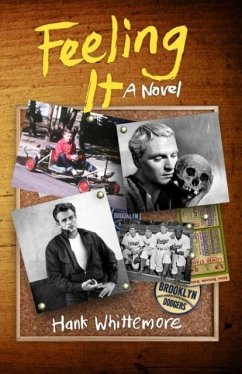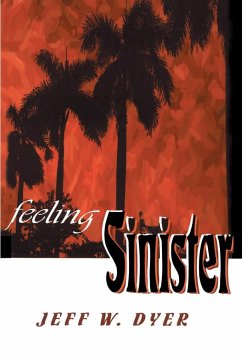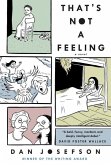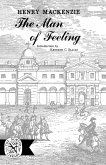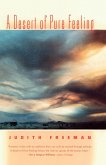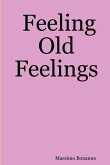All-American boy David Marsh narrates this coming-of-age comedy that finds him desperately trying to survive in a 1950s world of good Catholics, faithful Republicans and affluent suburban commuters. Vivid, bawdy and often frighteningly honest, this timeless tale shatters our notions of "making it" in America and foreshadows the revolution to come in the 1960s. Charged by David's raw emotional connections to the Brooklyn Dodgers, James Dean and even the tragic angst of Hamlet, Feeling It is a rollicking adventure and a great read for today, when the difference between "making it" and "feeling it" is driving our current political turmoil. Published in 1971 by William Morrow, this debut novel was chosen as a Special Selection of the Literary Guild, a rare accomplishment. Since then generations of readers have praised the fresh candor of the narrator's voice and its exuberant rhythm. Hitting a little too close to home, the semi-autobiographical novel was banned in some circles of polite society. Hank Whittemore grew up in Larchmont, NY and graduated in 1963 from Notre Dame in Great Books and Theater. A Broadway actor and writer for PARADE magazine, his eleven books include the bestsellers Cop and The Super Cops. His most recent work, a provocative historical-literary perspective on the politically charged nature of Shakespeare's Sonnets, was also banned in some circles of polite society.

